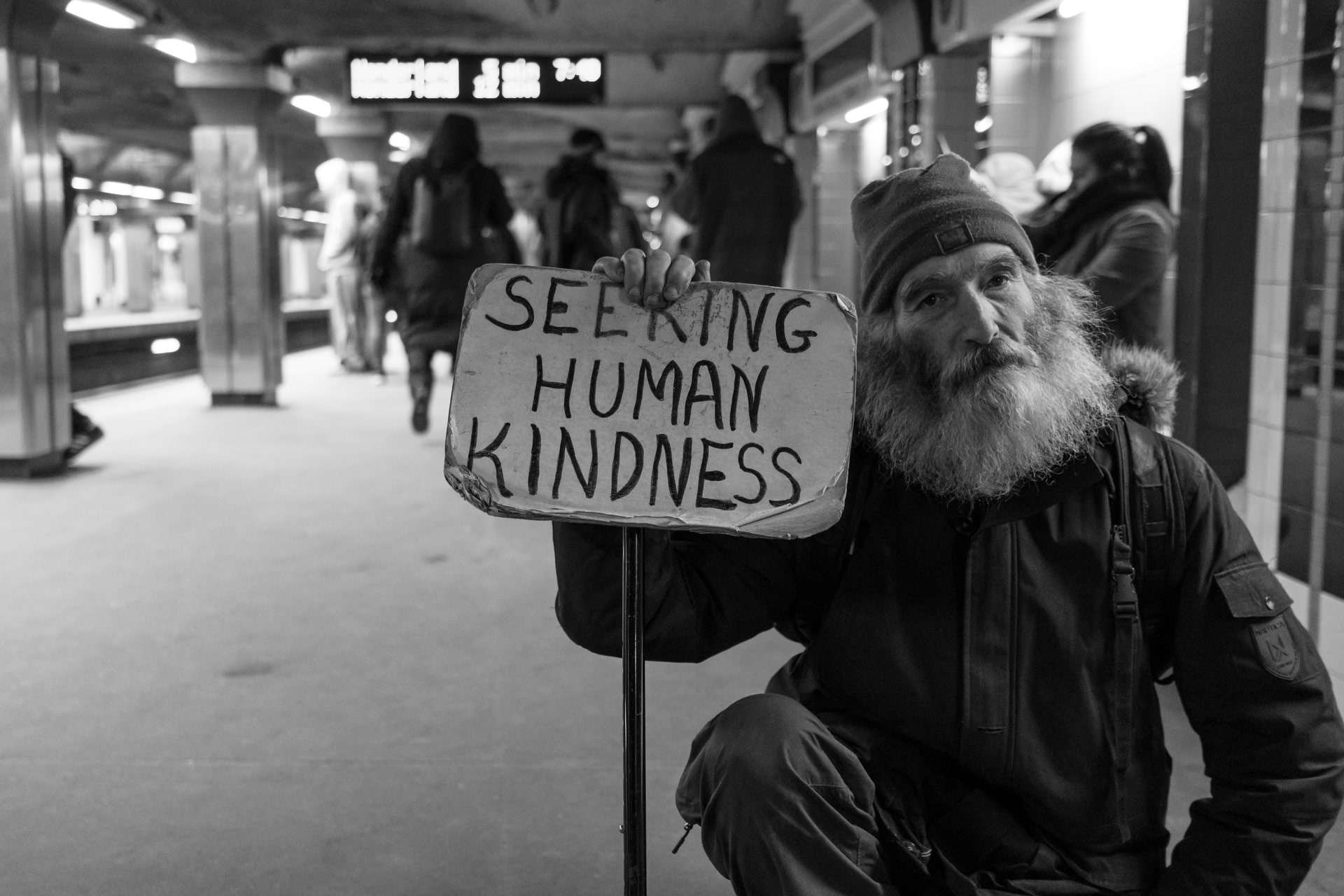Common Humanity
We all experience suffering. Being able to recognize that you aren't the only person who feels pain is important for being compassionate.
Compassion means "to suffer with". This implies that when we are being compassionate, we are understanding and "being with" the other person's pain.
Being with someone else's pain doesn't mean you are pitying the person. Rather, it means that you can understand how they feel. Even if your situation is very different, it is about being able to understand the feeling.
How does understanding someone else's pain help with self-compassion?
It helps you understand that you are not alone. I'll say it again:
The next time you catch yourself in a pity party, notice what happens when you expand your awareness beyond yourself. Instead of feeling sorry for yourself, bring to mind the pain that other people are experiencing as well.
There is close to 8 billion people in the world. There is absolutely someone out there who has been in your shoes.
What helps with the misery of suffering?
Okay, so you are practicing recognizing that we all suffer. This is just human nature. But it still doesn't feel very good!
There is supportive research that suggests focusing on what you are grateful for, activates the production of dopamine and serotonin (brain chemical associated with motivation, reward, and happiness).
So next time you become aware of yours and others suffering, look to what you are grateful for as an opportunity to boost your mood.
Alternatively, and if you are up for it, you can also just notice what it's like to sit with suffering without necessarily having to get rid of it ASAP.
Today's Self-Compassion Challenge
In today's challenge, there is downloadable PDF worksheet at the MeHealing site.
This worksheet, Practicing Self-Compassion, encourages you to respond to your mind's suffering in a way that you would respond to a dear friend or someone you respected.

